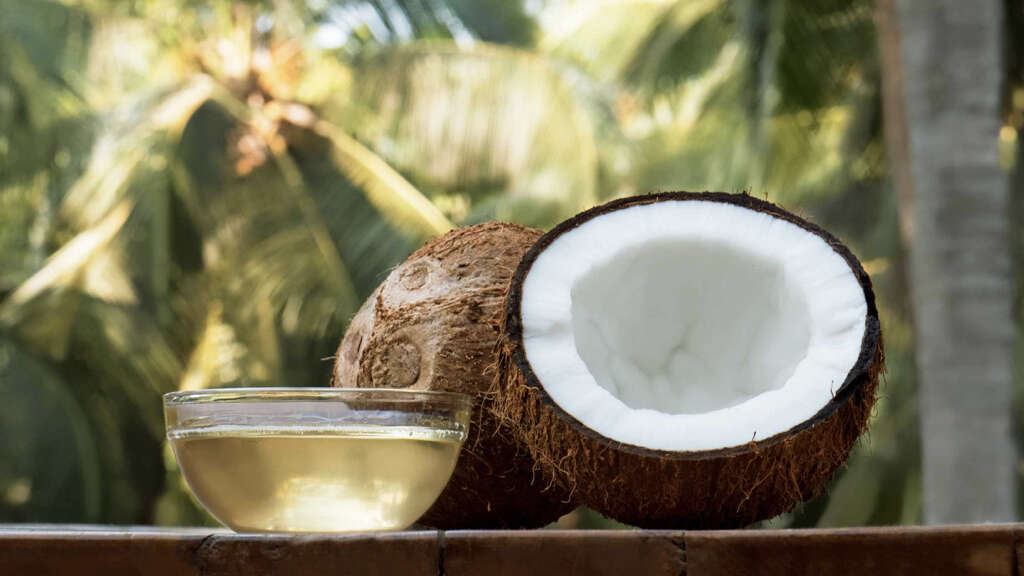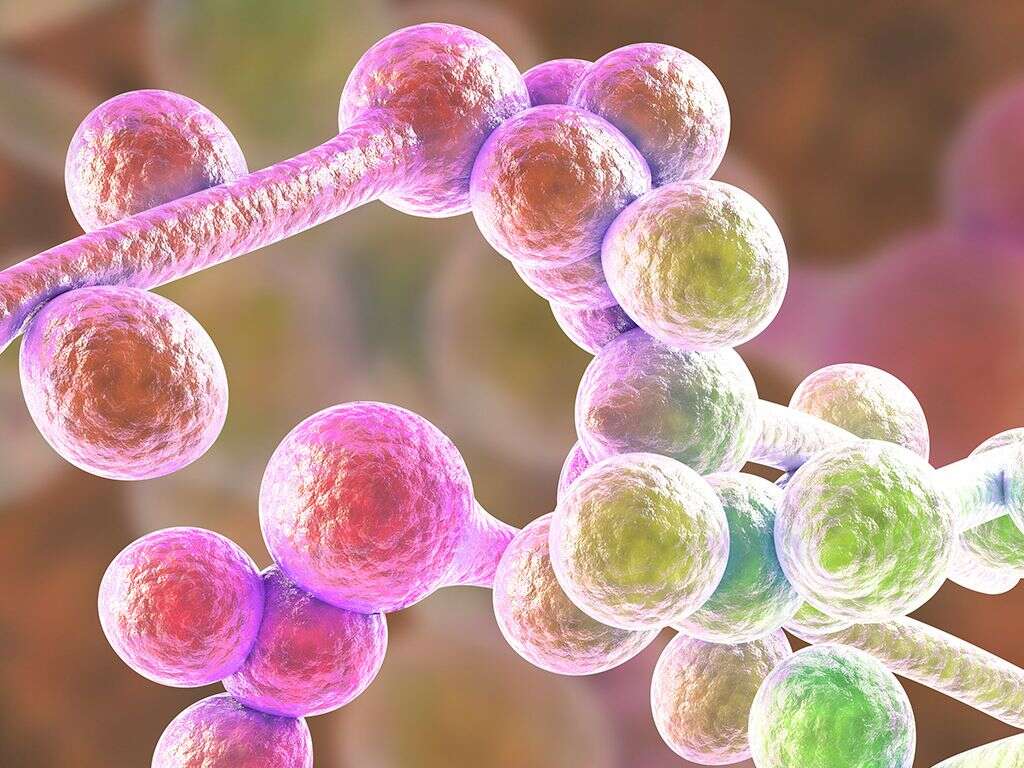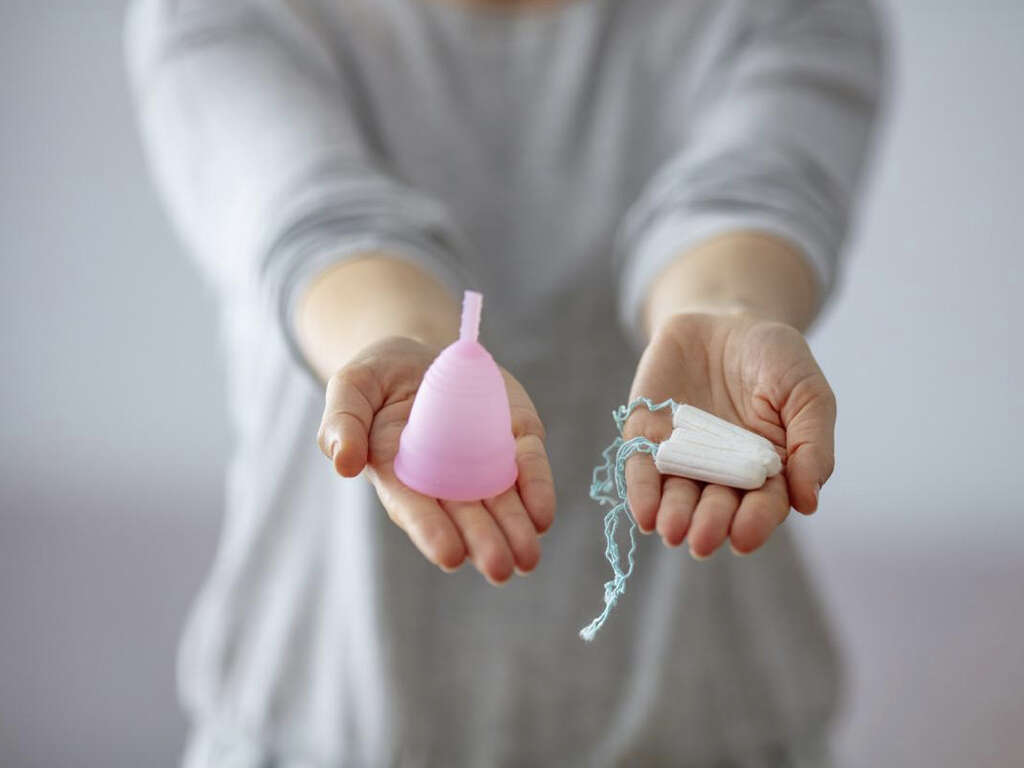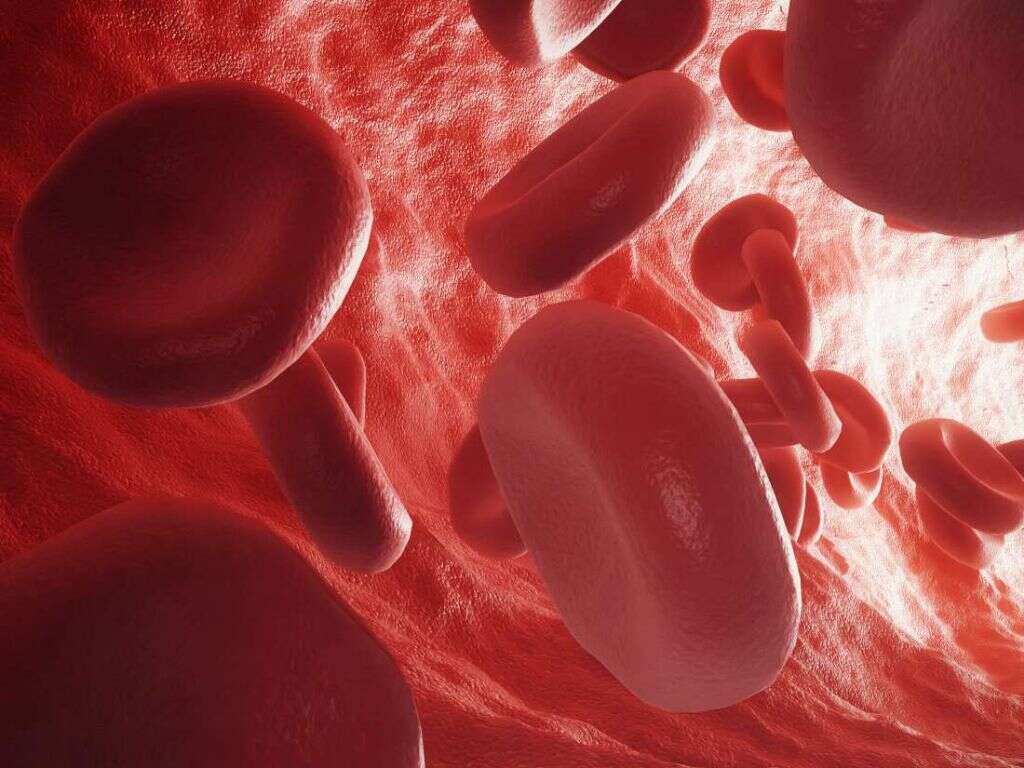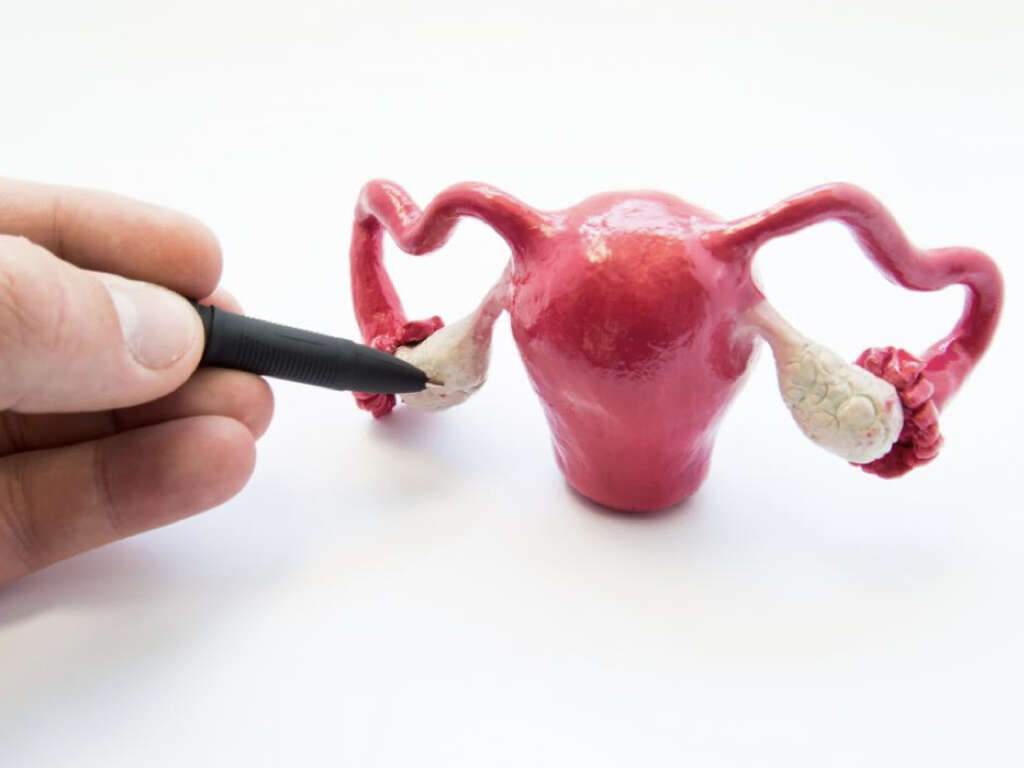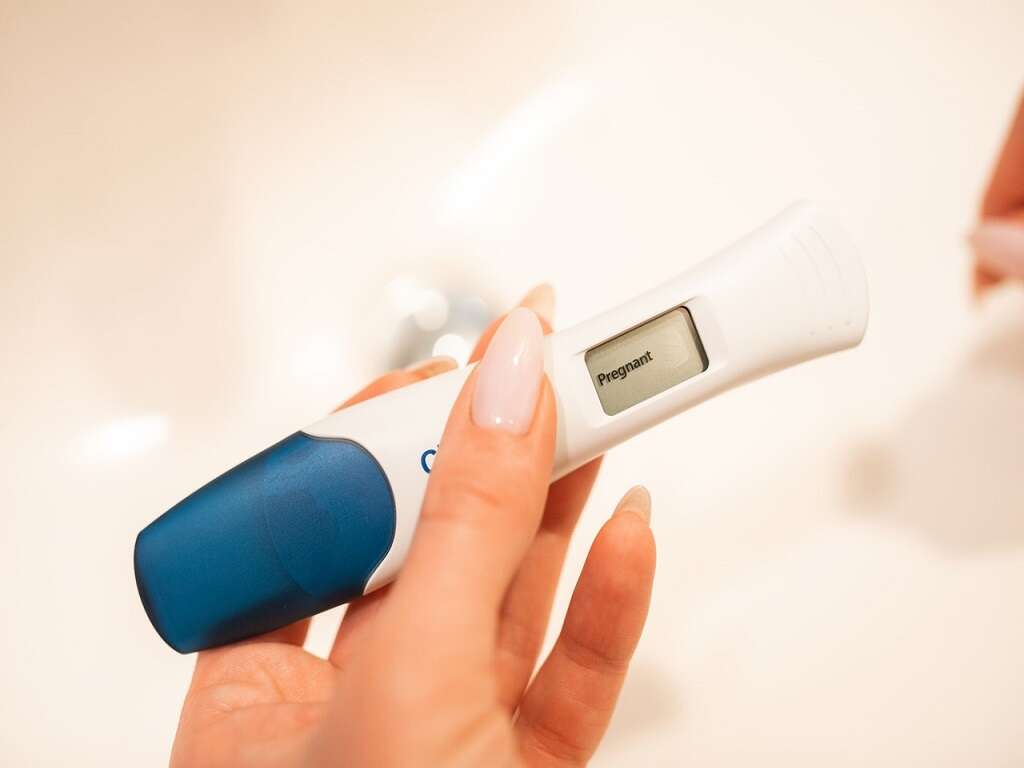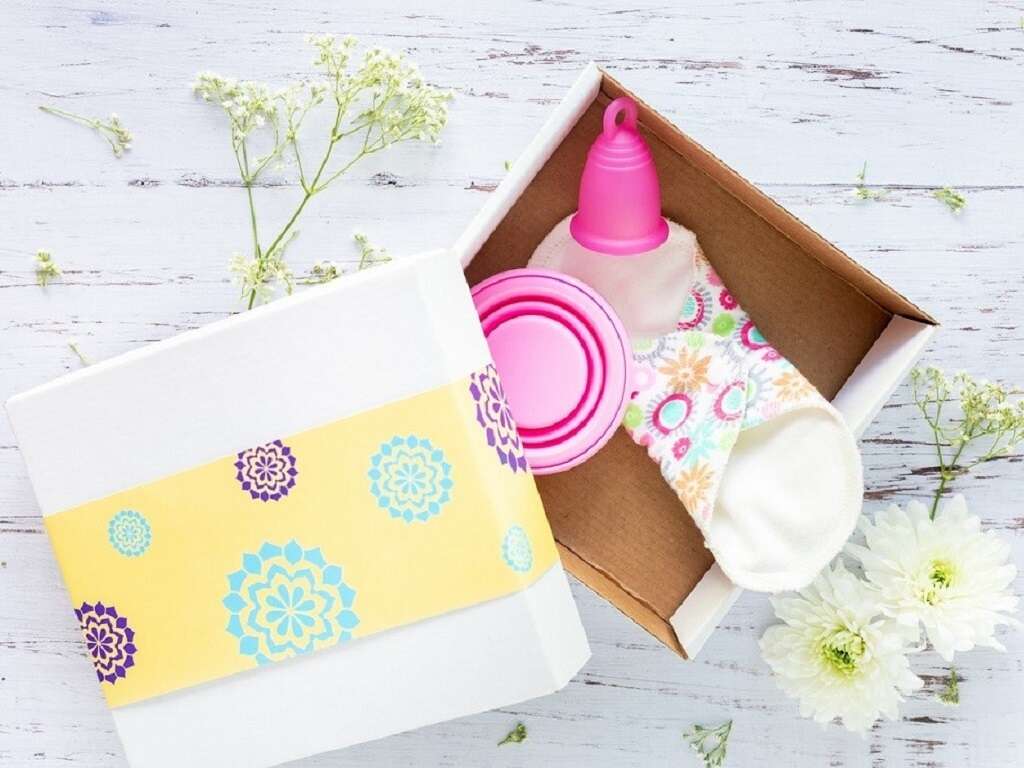10 Home Remedies For Stretch Marks
Stretch marks are lines that impact the surface of the skin. They are generally a different shade when compared to the rest of the skin, and they can be found in different areas throughout the body. The most common areas for stretch marks are the stomach, the thighs, the arms, and the buttocks.
The main cause of stretch marks is pregnancy, but many other things can contribute to the issue. Things like spontaneous weight gain, growth spurts, genetics, stress, and other physical problems can all lead to the development of stretch marks. Stretch marks occur in the dermis, which is the middle layer of skin situated between the epidermis and the hypodermic layer. When this tissue gets stretched too far, the collagen in the area becomes weaker. Collagen is the most prominent protein found in skin and is very important for its structure and integrity. The result of this is that scars emerge under the epidermis.
These marks are generally not harmful, but some people find them unsightly and would prefer to have them removed. Many people get medical treatment to help eliminate stretch marks, but this isn’t the only option. In fact, there are lots of home remedies that are known to help eliminate stretch marks. In this article, we’re going to discuss some of the most common ways that you can get rid of stretch marks without having to resort to harsh pharmaceutical or medical interventions.

Home Remedy #1: Castor Oil
Castor oil is quite a popular remedy that’s been used to treat a wide variety of different skin issues. Castor oil has reportedly been used to treat signs of aging like wrinkles and liver spots, dark spots, lines, acne, and can even be used to help people eliminate stretch marks.
The easiest way to go about doing this is to simply lather a bit of castor oil onto the affected area and then massage the oil into the skin. Do this at least once a day for a month and you should start to see results.
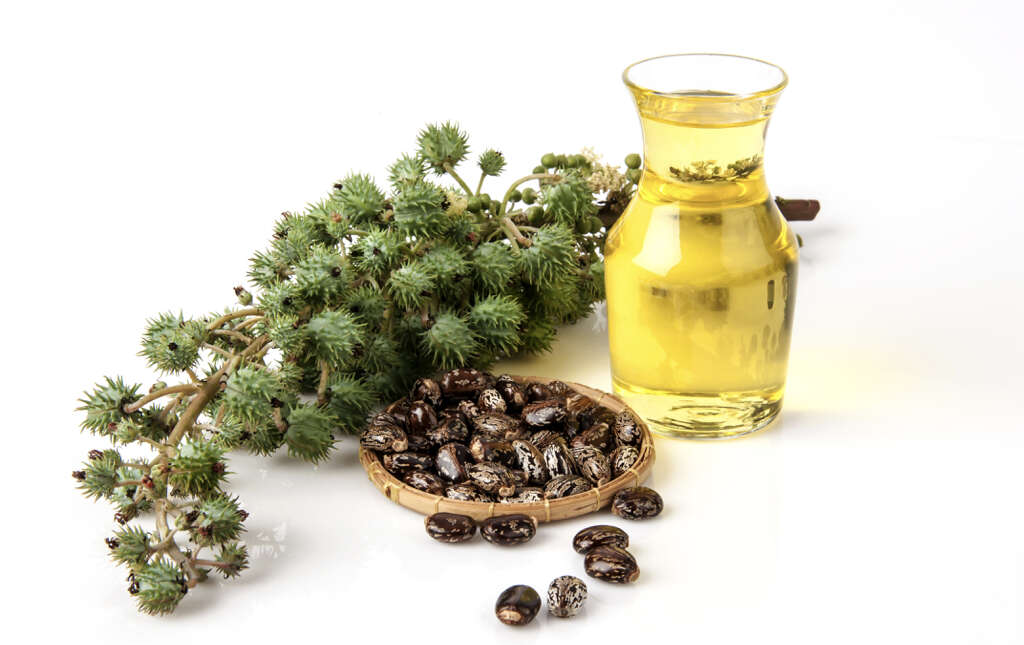
Home Remedy #2: Aloe Vera
Aloe vera is another natural remedy that’s proven to be incredibly useful in helping to treat a variety of skin conditions. The plant is very soothing and helps to reconstitute the skin. For this reason, you can use it to help repair damage done by stretch marks.
If you live in an area where aloe vera grows, such as many parts of South America and the United States, you can simply rub pure aloe gel on the area. Otherwise, your best solution is to get aloe vera lotion from a store and apply this yourself.
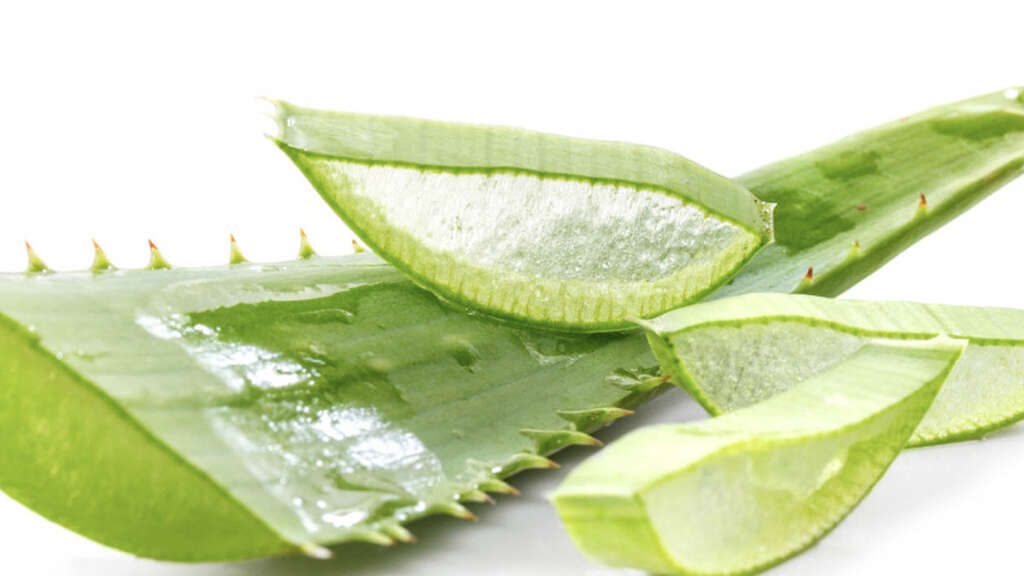
Home Remedy #3: Egg Whites
Egg whites have been shown to have a number of benefits, aside from their purported health benefits. They can be used to treat skin issues like baggy eyes and stretch marks due to their high amino acid content and the fact that they function as an astringent.
Whisk a couple egg whites together and apply these to the stretch marks, letting them sit for 10 to 15 minutes. This should be enough time for them to dry and tighten up the skin a bit.
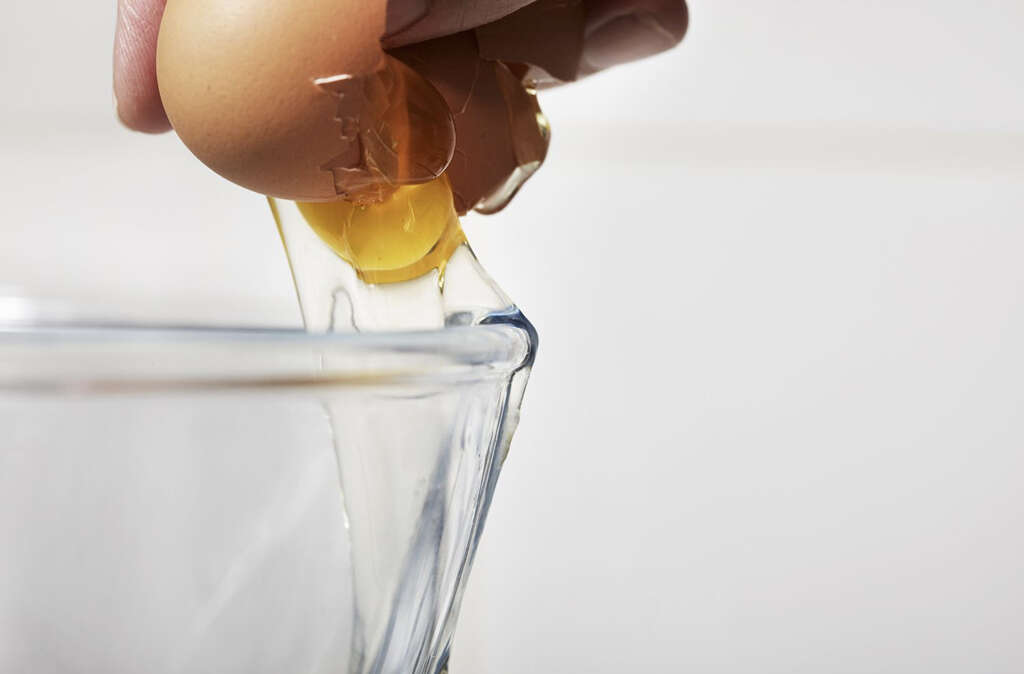
Home Remedy #4: Lemon Juice
Another natural remedy that can be very useful for helping to decrease the size of stretch marks is lemon juice. Lemon juice is naturally quite acidic and can function as an astringent, making it good for helping to treat a variety of skin-related conditions.
The easiest way to go about doing this is to simply rub lemon juice onto your stretch marks. After it soaks into your skin, you can rinse or wash it off.

Home Remedy #5: Sugar
While it’s well-known that white, refined sugar shouldn’t be consumed by people due to the number of health problems it causes, raw sugar can certainly be effective for helping the skin.
If you’re able to get your hands on raw cane sugar, you can mix it with a natural oil like coconut or almond oil and apply this directly to the stretch marks. Let it sit and then wash it off. Do this once a day for a few weeks to see some improvement.

Home Remedy #6: Potatoes
Potatoes are another strange but undeniably effective food that can help to enhance the health of the skin in many ways. In addition to exfoliating the skin and getting rid of baggy eyes, potatoes can help to heal stretch marks. They contain a number of enzymes and minerals that support the growth and repair of our skin.
Cutting a potato into slices and applying this to your stretch marks for 10 to 15 minutes a day should be enough to help provide some benefit.
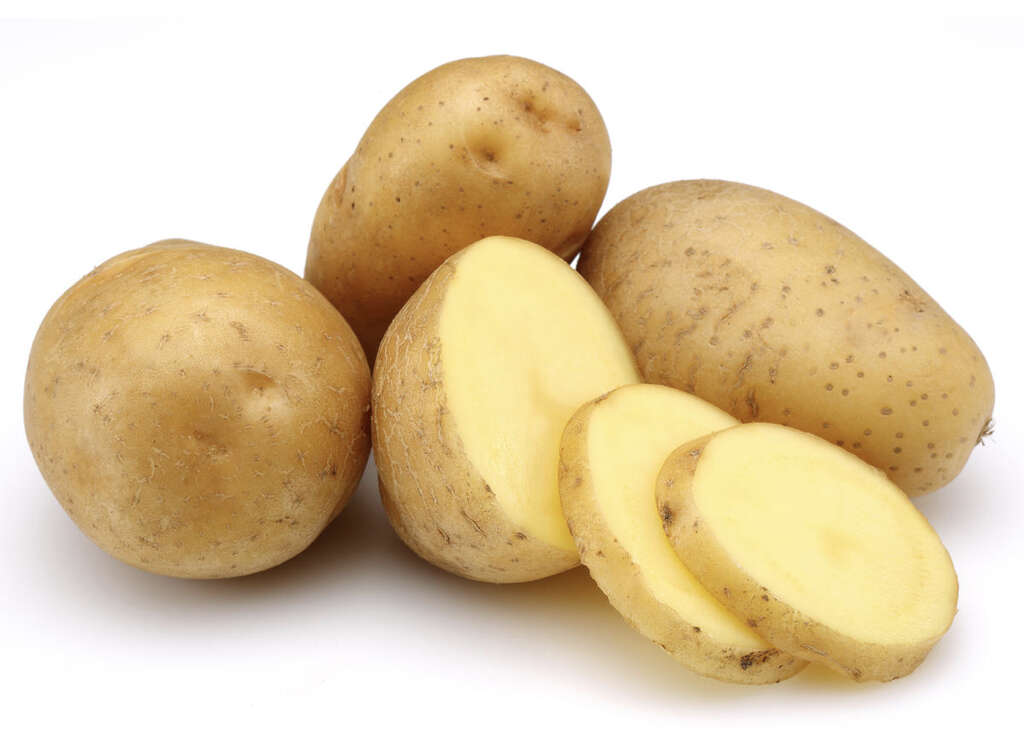
Home Remedy #7: Alfalfa
Alfalfa leaves are a rich source of amino acids, as well as a great source of some of the most important skin-healthy nutrients like vitamin E and vitamin K.
You can make a paste by grinding alfalfa roots, or mixing powdered alfalfa with water, then apply this directly to your stretch marks. You’ll see some improvement within weeks.
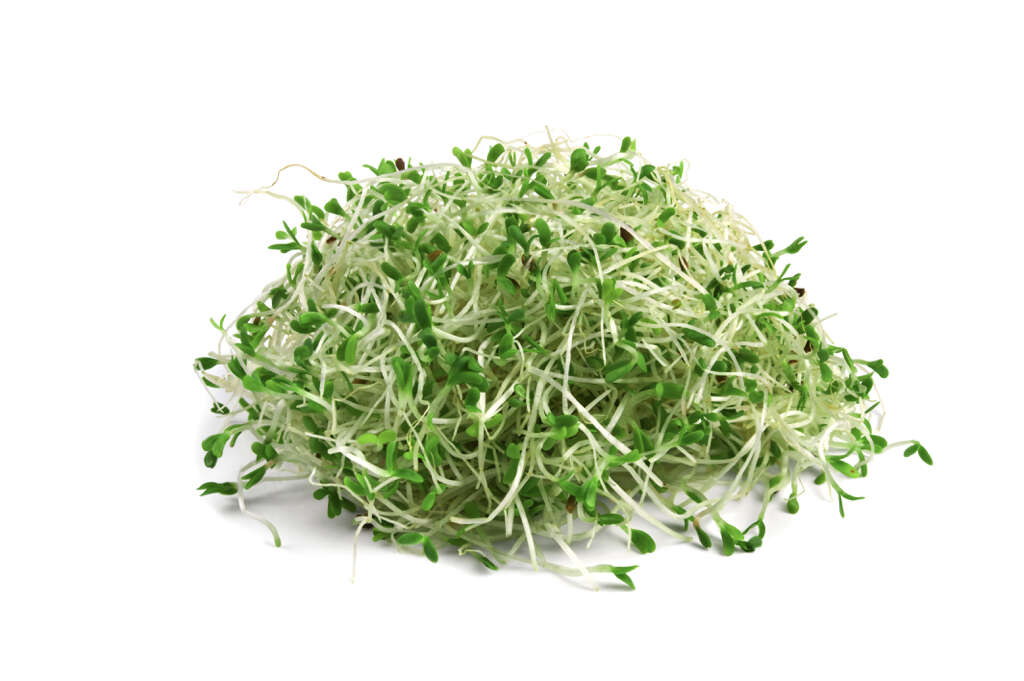
Home Remedy #8: Cocoa Butter
Cocoa butter is the by-product of chocolate making and it has a huge number of benefits for the skin and body.
Apply it directly to your stretch marks and let it soak into your skin. You’ll see some benefit within a week or two.
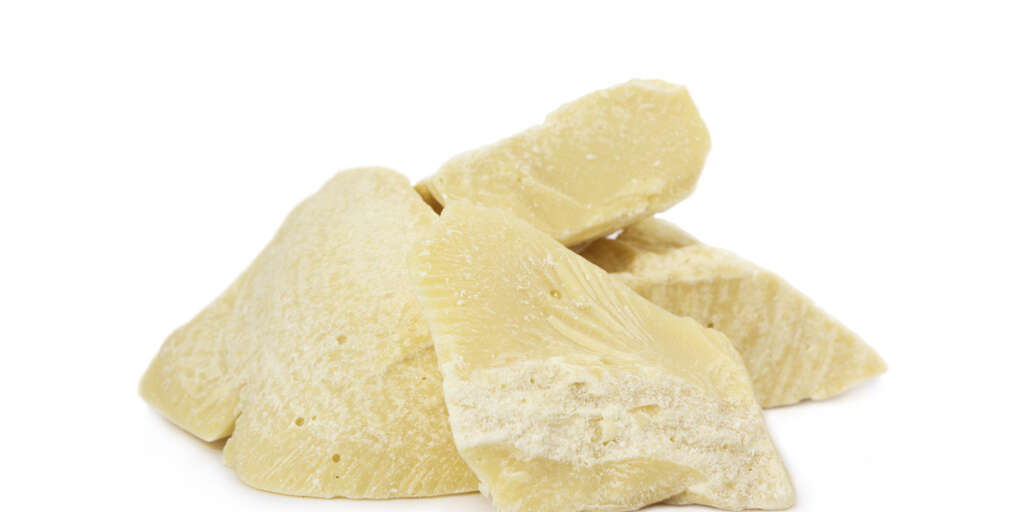
Home Remedy #9: Olive Oil
Olive oil is filled with fat-soluble, healthy vitamins that are known to be great for the skin.
You can apply olive oil directly to your skin to see improvement, but the benefits will be even more pronounced if you mix it with something else like cocoa butter.

Home Remedy #10: Coconut Oil
Coconut oil has shown promise for treating a huge number of skin-related conditions.
Coconut oil is known to help speed up the healing of the skin and can help your body repair wounds quicker. Again, mixing this oil with some of the other remedies on this list will improve its efficacy.
